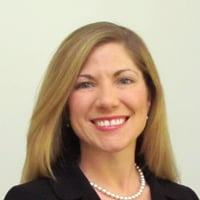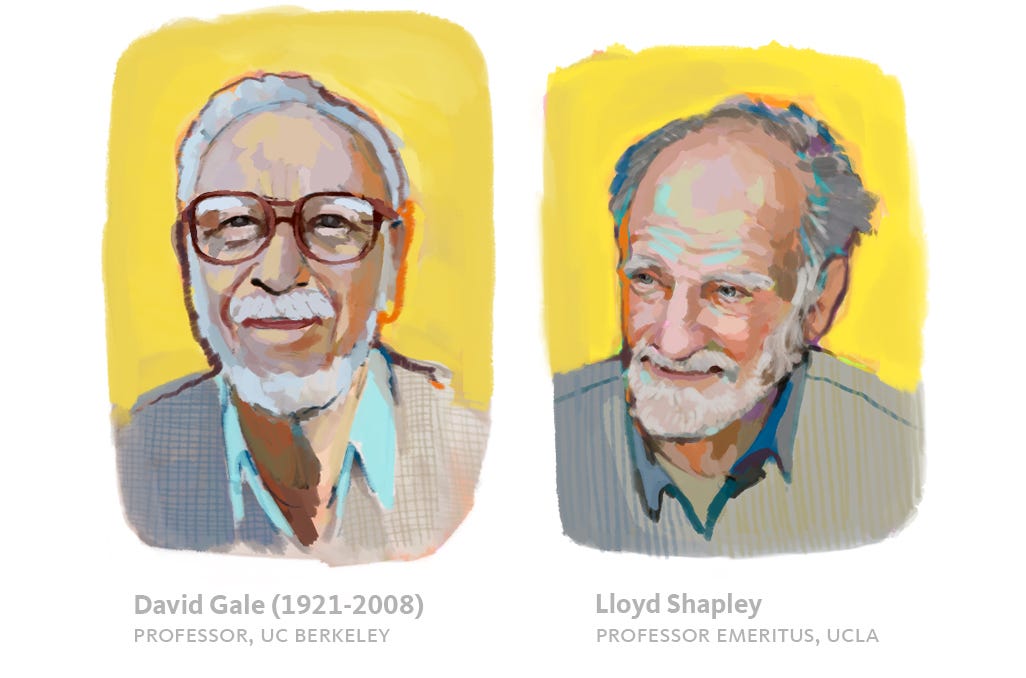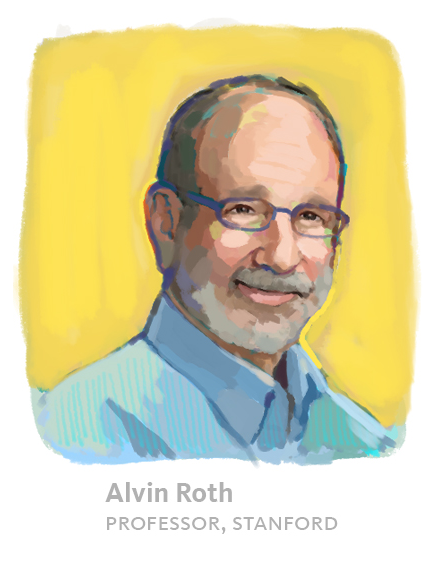Here's the announcement from the NSF:
Twenty-one researchers nominated by the National Science Foundation receive awards for innovation, outreach in scientific community
and here's the list (one of which has "economics" in the citation...):
February 18, 2016
President Barack Obama today named 106 researchers as recipients of the Presidential Early Career Award for Scientists and Engineers (PECASE), granting them the U.S. government's highest award for scientists and engineers in the early stages of their independent research careers. The National Science Foundation (NSF) nominated 21 of the awardees.
PECASE recognizes scientists and engineers who show exceptional potential for leadership at the frontiers of scientific knowledge. Winners demonstrate the ability to broadly advance fundamental research and help the United States maintain its position as a leading producer of scientists and engineers.
"The awardees are outstanding scientists and engineers," said NSF Director France Córdova. "They are teacher-scholars who are developing new generations of outstanding scientists and engineers and ensuring this nation is a leading innovator. I applaud these recipients for their leadership, distinguished teaching and commitment to public outreach."
The NSF-nominated awardees come from universities around the country and excel in areas of science represented by
NSF directorates: biology, computer and information science, education and human resources, engineering, geosciences, mathematics and physical sciences and social and behavioral sciences.
NSF vetted the research of its nominees through its rigorous peer review process. All of the NSF nominees have received five-year grants from the Faculty Early Career Development (CAREER) program. CAREER awardees have proven themselves exemplary in integrating research and education. Selection is highly competitive: in 2012, NSF funded fewer than 20 percent of the 2,612 CAREER award applicants.
The Office of Science and Technology Policy within the Executive Office of the President coordinated the PECASE awards, which were established by President Clinton in 1996. Awardees are selected on the basis of two criteria: pursuit of innovative research at the frontiers of science and technology and a commitment to community service as demonstrated through scientific leadership, public education or community outreach.
This year's NSF recipients are:
Adam Abate, University of California, San Francisco
For his development of microfluidic approaches for creating single-cell bioreactors that may be applied to massively parallel approaches in single-cell genomics and transcriptomics and that can be implemented across a variety of disciplines including evolutionary biology, immunology, and cancer biology and for his outreach to underrepresented groups and veterans.
Marcel Agüeros, Columbia University
For his groundbreaking research in stellar astrophysics, and for his restless desire to ensure that minority students in sciences become tomorrow's leaders.
Arezoo Ardekani, University of Notre Dame
For research aimed to fundamentally understand, model and control bacterial biofilm formation through imaginative computations and elegant experiments, and for demonstrated commitment to increase underrepresented minority participation in STEM-related research.
Cullen Buie, Massachusetts Institute of Technology
For research to create highly sensitive systems that probe microbial physiology and thereby illustrate the coupling of cell phenotypes with virulence, and to train a new generation of underreprented minority scientists who become faculty.
Erin Carlson, Indiana University
For discovery of chemistry underlying a new approach to treat antibiotic-resistant infections, for leadership in the chemistry and women-chemists communities, and for developing new hands-on laboratory activities to engage K-12 students in natural product chemistry.
Antonius Dieker, Georgia Tech Research Corporation
For outstanding research on the stochastic behavior in engineered and physical systems; and for educational activities involving high school, undergraduate and graduate students.
Erika Edwards, Brown University
For innovative research leading to exciting breakthroughs in understanding the drivers of plant evolutionary innovation, and particularly the evolution of plant form and photosynthesis systems, and for engaging public outreach on plant biology.
Julia Grigsby, Boston College
For her work on the invariants of 3-manifolds, running advanced workshops, training graduate and undergraduate students, contributions to increasing participation of women in mathematical sciences and introducing talented middle-school girls to research mathematics.
Todd Gureckis, New York University
For his innovative work at the boundary of cognitive science, learning science and machine learning; for his work with museums to enhance the learning potential for children; and for creating an integrated, multidisciplinary curriculum for computational cognitive science for the workforce of the 21st century.
Tessa Hill, University of California, Davis
For her transdisciplinary research that places modern ocean acidification and ocean oxygenation into a long-term Earth-system context, and for training and outreach to K-12 teachers and students that offers them a better understanding of ocean science and climate change through inquiry-based learning.
Daniel Krashen, University of Georgia
For his work on local-to-global principles, organizing conferences and workshops, training graduate students and serving as a role model to underrepresented minorities in mathematics.
Daniel McCloskey, College of Staten Island, City University of New York
For research combining modeling, neurophysiology and systems biology/network science that will transform the field of social neuroscience by providing a comprehensive approach towards understanding the role of neuropetides in complex behavioral systems.
Rahul Mangharam, University of Pennsylvania
For inventing a new formal methodology to test and verify the correct operation of medical device software, saving lives and reducing care costs.
David Masiello, University of Washington
For his cutting-edge research in the emerging field of theoretical molecular nanophotonics, and for his comprehensive educational and outreach programs including an exemplary focus on enhancing the scientific communication abilities of young researchers.
Shwetak Patel, University of Washington
For inventing low-cost, easy-to-deploy sensor systems that leverage existing infrastructures to enable users to track household energy consumption and make the buildings we live in more responsive to our needs.
Aaron Roth, University of Pennsylvania
For visionary research on protecting personal data via differential privacy, and outstanding outreach that fosters interaction between the many communities that study data privacy from theoretical computer science to economics.
Sayeef Salahuddin, University of California, Berkeley
For pioneering research on the foundations of nanostructures as new, low-power electronics with potential influence on energy efficient systems, and for impact on industry, education and mentoring future scientists.
Jakita Thomas, Spelman College
For her research on how African-American middle-school girls develop computational algorithmic thinking within the context of designing games, a research project that explores the challenges African-American girls face and their self-perceptions as problem-solvers while at the same time educating them in mathematics, programming and reasoning.
Joachim Walther, University of Georgia
For building research capacity in engineering education by defining quality in qualitative research methods and leading communities of practice in this research, germane to and commonly used in broadening participation efforts.
Kristen Wendell, University of Massachusetts Boston
For her outstanding research work on how to integrate a community-based engineering design model into pre-service science elementary school teachers focused on crosscutting concepts, disciplinary core ideas and scientific and engineering practices.
Benjamin Williams, University of California, Los Angeles
For a comprehensive vision to advance Terahertz quantum-cascade lasers and devices for communications, sensing and imaging, and for leadership in enhancing undergraduate and graduate student learning experiences.


 That may change with the publication of
That may change with the publication of










